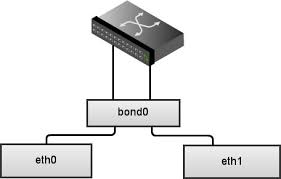Why Linux is better than Windows or macOS for security
Enterprises invest a lot of time, effort and money in keeping their systems secure. The most security-conscious might have a security operations center. They of course use firewalls and antivirus tools. They probably spend a lot of time monitoring their networks, looking for telltale anomalies that could indicate a breach. What with IDS, SIEM and NGFWs, they deploy a veritable alphabet of defenses.
But how many have given much thought to one of the cornerstones of their digital operations: the operating systems deployed on the workforce’s PCs? Was security even a factor when the desktop OS was selected?
[ More info: Self-protection is key to Linux kernel security ]
This raises a question that every IT person should be able to answer: Which operating system is the most secure for general deployment?
We asked some experts what they think of the security of these three choices: Windows, the ever-more-complex platform that’s easily the most popular desktop system; macOS X, the FreeBSD Unix-based operating system that powers Apple Macintosh systems; and Linux, by which we mean all the various Linux distributions and related Unix-based systems.
How we got here
One reason enterprises might not have evaluated the security of the OS they deployed to the workforce is that they made the choice years ago. Go back far enough and all operating systems were reasonably safe, because the business of hacking into them and stealing data or installing malware was in its infancy. And once an OS choice is made, it’s hard to consider a change. Few IT organizations would want the headache of moving a globally dispersed workforce to an entirely new OS. Heck, they get enough pushback when they move users to a new version of their OS of choice.
Still, would it be wise to reconsider? Are the three leading desktop OSes different enough in their approach to security to make a change worthwhile?
Read More: https://www.computerworld.com













